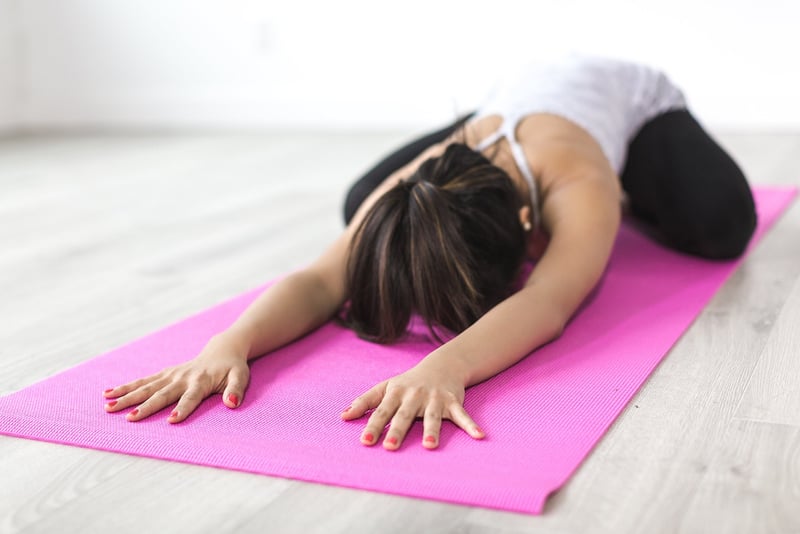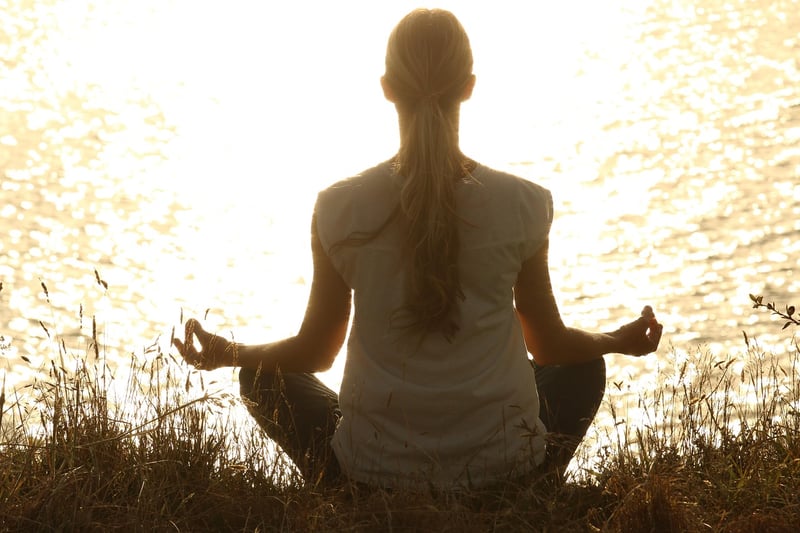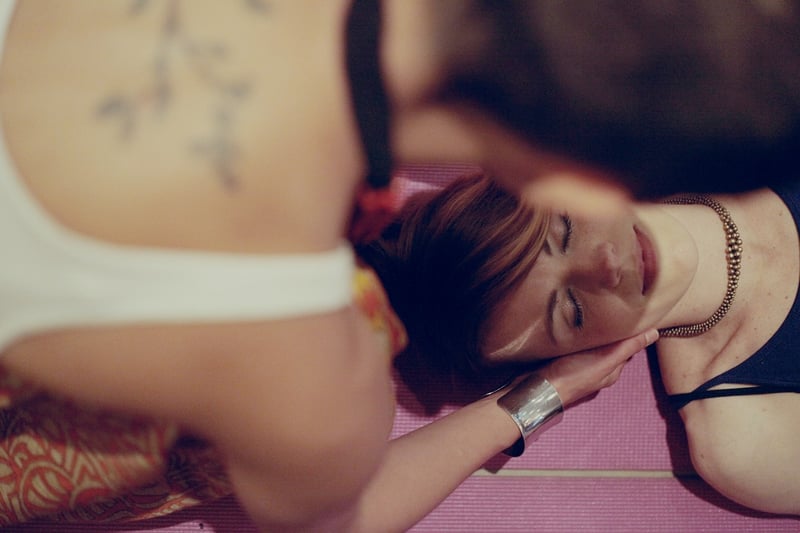Restorative
The Importance of Physical and Mental Balance for Restorative Health
In today's fast-paced world, finding a balance between physical and mental well-being is essential for overall health and restoration. With hectic schedules, constant connectivity, and everyday stressors, taking the time to prioritize self-care and achieve equilibrium is crucial.
Physical Balance
Physical balance involves maintaining a healthy lifestyle through regular exercise, proper nutrition, and adequate rest. Incorporating activities such as yoga, Pilates, or strength training can improve strength, flexibility, and coordination, leading to a more balanced body and mind.

Benefits of Physical Balance:
- Enhanced physical strength and endurance
- Improved posture and body alignment
- Reduced risk of injuries
- Boosted energy levels
Mental Balance
Mental balance involves managing stress, practicing mindfulness, and nurturing emotional well-being. Engaging in activities like meditation, journaling, or spending time in nature can promote mental clarity, emotional stability, and inner peace.

Benefits of Mental Balance:
- Reduced anxiety and depression
- Enhanced focus and concentration
- Improved sleep quality
- Greater resilience to life's challenges
Restorative Practices
Restorative practices encompass activities that promote relaxation, rejuvenation, and healing for both the body and mind. Examples include massage therapy, aromatherapy, or simply taking time to unwind and disconnect from technology.

Benefits of Restorative Practices:
- Stress reduction and relaxation
- Improved circulation and lymphatic flow
- Enhanced mood and emotional well-being
- Support for overall health and vitality
By integrating physical and mental balance practices with restorative activities into your daily routine, you can experience a holistic approach to health and well-being. Remember, taking care of yourself is not a luxury but a necessity for a fulfilling and rejuvenated life.
Start your journey to restoration today!
